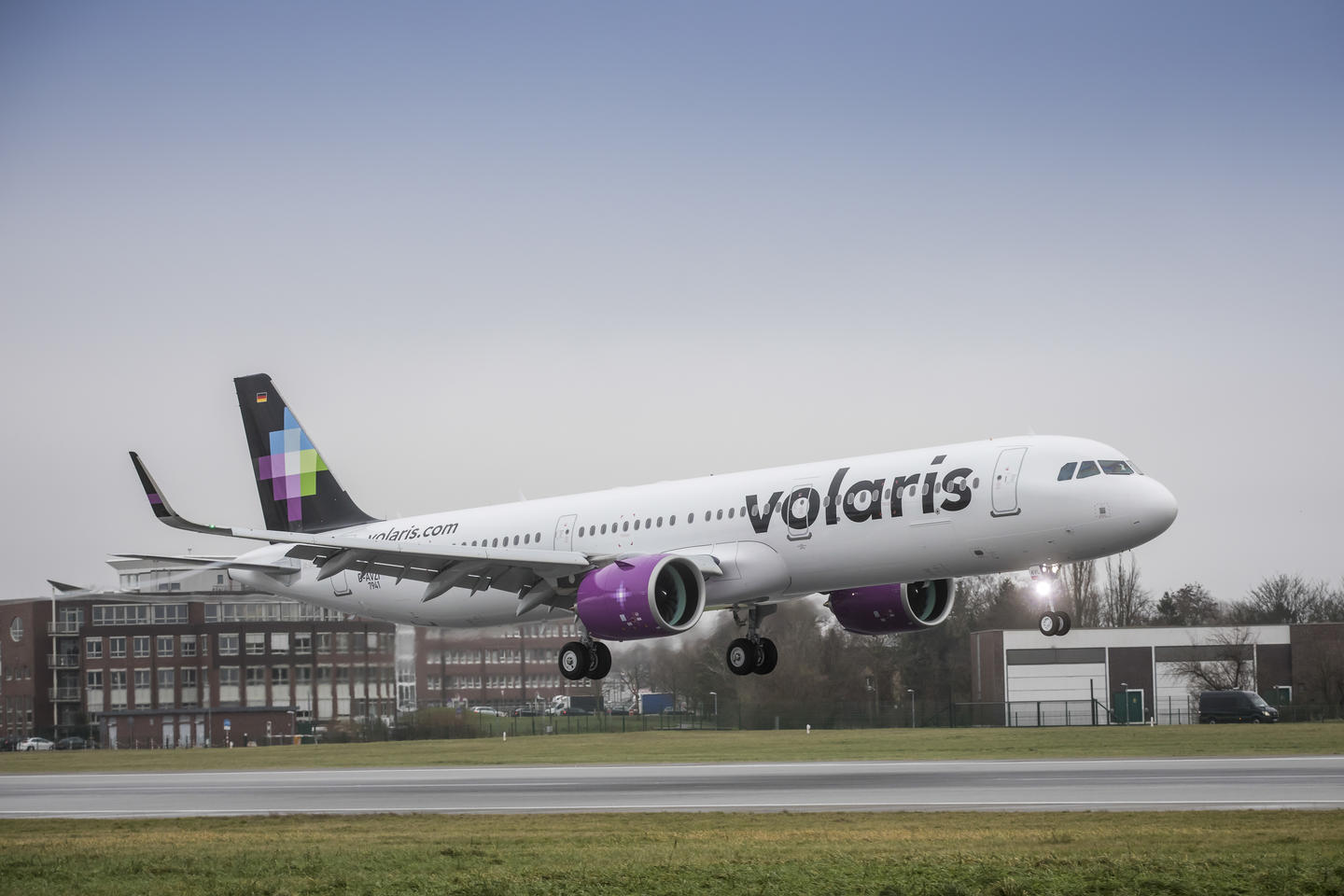The president and CEO of Mexican carrier Volaris said the airline experienced a decline in traffic to the US during the second half of January, due to geopolitical uncertainty.
“In the second half of January, we observed some softness in traffic to the US that we believe is influenced by geopolitical uncertainty,” said Enrique Beltranena, as the ultra-low-cost carrier reported its January traffic.
In response, the airline adjusted base fares to “stimulate demand and deliver healthy load factors". Beltranena sees this as a “temporary” market condition and will adjust its network accordingly. The airline recorded an average load factor of 86.6% during the month, a decrease of 1.5 percentage points.
January traffic shows that the airline carried 2.6 million passengers during the month, a 4.3% increase compared to the previous year. Passenger numbers on domestic routes increased by 3.5%, while international operations saw a 6.2% rise.
In January, Volaris’ available seat miles (ASMs) capacity increased by 4.7% compared to the same period the previous year, while revenue passenger miles (RPMs) for the month grew by 2.9%. Mexican domestic RPMs rose 0.9%, while international RPMs increased by 5.9%.
Beltranena added that during the coming year, capacity will remain “relatively flat” as the airline recovers from aircraft groundings related to Pratt & Whitney engine inspections of the geared turbofan (GTF) engine.
Volaris is expected to grow ASMs between 13-15% during 2025.

